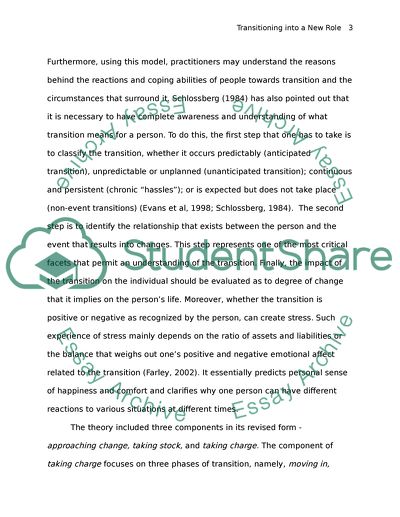Cite this document
(My Transition into the Advanced Nursing Practitioner Role Research Paper, n.d.)
My Transition into the Advanced Nursing Practitioner Role Research Paper. Retrieved from https://studentshare.org/nursing/1738655-your-personal-transition-role-transition-assignmenttransition-from-registered-nurse-to-nurse-practitioner
My Transition into the Advanced Nursing Practitioner Role Research Paper. Retrieved from https://studentshare.org/nursing/1738655-your-personal-transition-role-transition-assignmenttransition-from-registered-nurse-to-nurse-practitioner
(My Transition into the Advanced Nursing Practitioner Role Research Paper)
My Transition into the Advanced Nursing Practitioner Role Research Paper. https://studentshare.org/nursing/1738655-your-personal-transition-role-transition-assignmenttransition-from-registered-nurse-to-nurse-practitioner.
My Transition into the Advanced Nursing Practitioner Role Research Paper. https://studentshare.org/nursing/1738655-your-personal-transition-role-transition-assignmenttransition-from-registered-nurse-to-nurse-practitioner.
“My Transition into the Advanced Nursing Practitioner Role Research Paper”, n.d. https://studentshare.org/nursing/1738655-your-personal-transition-role-transition-assignmenttransition-from-registered-nurse-to-nurse-practitioner.


